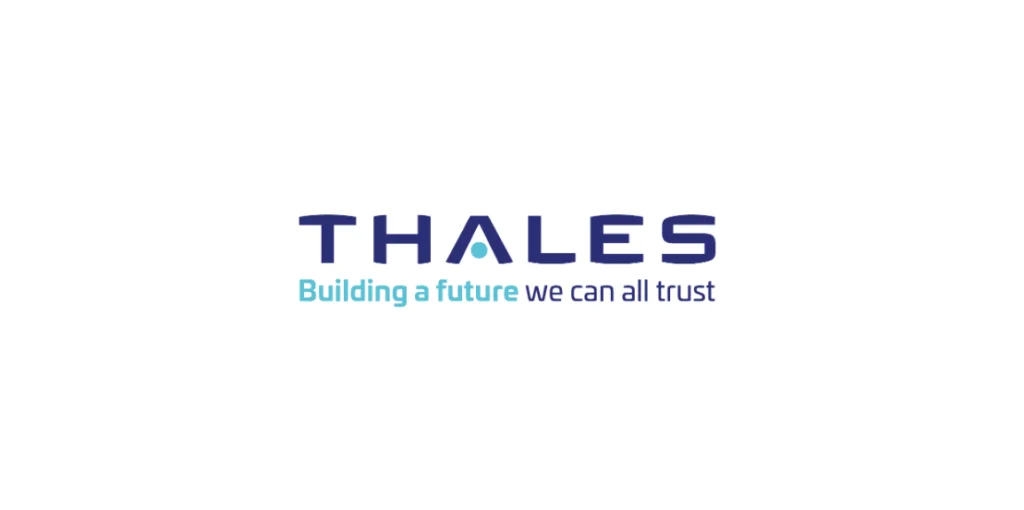Insider Brief
- QSENSATO, a University of Bari spin-off, has raised €500,000 in pre-seed funding from LIFTT and Quantum Italia to develop and commercialize chip-based quantum sensors for ultra-precise measurements.
- The startup’s atomic-photonic technology enables high-sensitivity detection of electric and magnetic fields, with applications in medical imaging, geophysics, infrastructure monitoring, and GPS-free navigation.
- The funding will support prototype development, market entry in Europe and the U.S., and pilot deployments across industries seeking compact and portable quantum sensing solutions.
A University of Bari spin-off developing atomic sensors that use the rules of quantum physics to enable ultra-precise measurements has raised €500,000 in pre-seed funding to advance its technology and expand operations, according to Quantonation.
QSENSATO, a startup founded by physics researchers in southern Italy, announced the investment during an event at the University of Bari’s Salone Dorato. The funding comes from deep-tech venture firm LIFTT and Quantum Italia, an initiative that supports the commercialization of quantum technologies in the region. The funds will support prototype development, early commercialization efforts and expansion in European and U.S. markets.
Christophe Jurczak, founding partner of Quantum Italia and managing partner at Quantonation, said: “Our investment in QSENSATO reflects Quantum Italia’s commitment to advancing scientific research from the lab to the market — especially in the emerging field of quantum technologies. The fact that QSENSATO is a University of Bari spin-off highlights the strategic value of keeping the connection between academia and entrepreneurship alive.”

The startup is developing compact quantum sensors built on atomic-photonic chips. These chips use the quantum behavior of atoms to detect extremely small variations in electric and magnetic fields, with potential uses in sectors such as medical diagnostics, underground exploration, GPS-free navigation and critical infrastructure monitoring.
“Our goal is to make quantum sensing accessible across a wide range of industries, offering measurement tools with unprecedented precision,” said Gianvito Lucivero, CEO of QSENSATO. “Our technology combines unmatched accuracy and portability, with potential applications from advanced magnetic resonance imaging to the detection of geomagnetic anomalies.”
QSENSATO Technology And IP
QSENSATO’s core technology builds on intellectual property originating from ICFO, the Institute of Photonic Sciences in Spain, and research collaborations with the CNR-IFN Milan. The underlying science was developed through joint work by ICFO’s Atomic Quantum Optics group and the National Research Council’s Institute for Photonics and Nanotechnologies. These research efforts have led to new methods for integrating vapor cells into chip-scale systems that make atomic sensing more compact and manufacturable.
The company’s founding team includes Lucivero, a physicist with expertise in quantum metrology and atomic photonics, along with researcher Annalisa Volpe and technical advisor Domenico Tulli. Lucivero earned a doctorate from ICFO and held postdoctoral positions at Princeton University and ICFO, before returning to Italy under national and European talent programs to continue his research at the University of Bari.
QSENSATO was launched through support from Italy’s PNRR National Quantum Science and Technology Institute (NQSTI) partnership and the Rita Levi Montalcini Award, both of which aim to repatriate scientific talent and build domestic innovation capacity. The company is housed in the Interuniversity Department of Physics, led by Prof. Roberto Bellotti, and operates with a small multidisciplinary team that includes prototyping and legal support staff.
Advantages of Quantum Sensors
Atomic sensors — sometimes called quantum sensors — leverage phenomena such as superposition and quantum coherence to measure fields, time, or motion with extreme sensitivity. Unlike conventional sensors, they do not require large-scale calibration or external reference signals, which makes them attractive for applications where high stability and portability are needed.
“Quantum sensors are transforming how information is gathered, processed, and interpreted,” said Riccardo D’Alessandri, founding partner of Quantum Italia and managing partner of Scientifica Venture Capital. “That’s why we’re excited to support the evolution of quantum sensing through our investment in QSENSATO and their new generation of integrated atomic quantum sensors. This technology will play a vital role in delivering accurate, real-time data across a wide range of industrial applications.”
QSENSATO’s prototypes rely on miniaturized vapor cells — tiny glass containers filled with atomic gases — embedded into photonic circuits that can be produced at scale. These sensors can respond to faint magnetic and electric fields, offering new capabilities in areas like brain imaging, geological surveys, and secure communications.
Multiple Innovation Awards
In addition to funding, QSENSATO has earned attention through multiple innovation competitions. The startup won second place in the Start Cup Puglia 2024, qualifying for the National Innovation Award (PNI), and received recognition at the Talentis-GIStartup Award in Capri, which honors Italy’s most promising youth-led startups. These milestones underscore growing investor interest in quantum sensing technologies as they move from lab experiments to practical deployment.
The pre-seed round also highlights the role of European research institutions in spawning commercial ventures in the quantum sector. QSENSATO joins a wave of spin-offs across the continent seeking to commercialize applications in sensing, computing, and communications using principles of quantum mechanics.
“We were captivated by the technology this company has developed,” added Edoardo Bianchi, Project Manager at LIFTT. “We’re proud to support a venture that not only brings radical innovation but also showcases an exceptional team. Aligned with LIFTT’s mission, we’ve decided to back QSENSATO not just for their visionary ideas, but for making them a tangible reality.”
The company’s next steps include building its first batch of deployable devices, forming pilot partnerships in strategic industries, and securing additional capital to support scale-up. With increased interest from public and private actors in quantum technologies, atomic sensing is emerging as one of the earliest application areas likely to achieve commercial traction.















